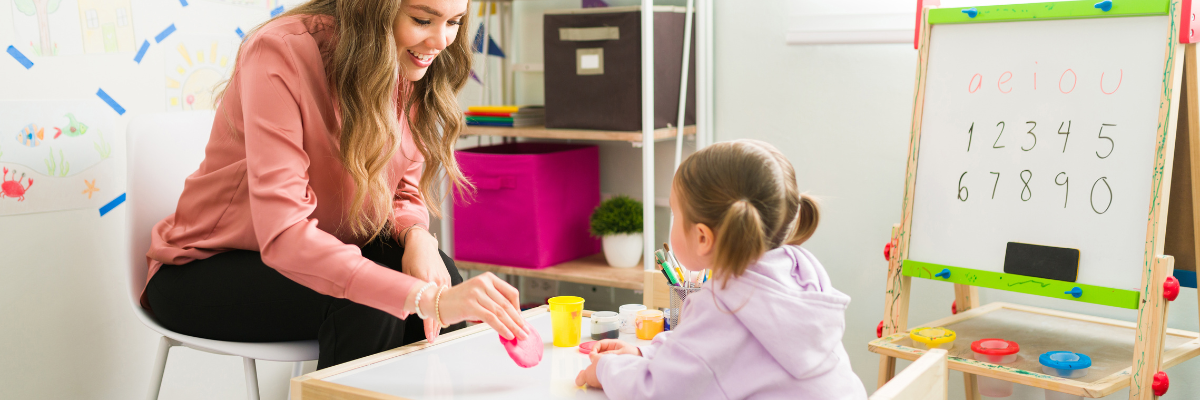You’re Not Alone, Mama: Supporting Maternal Mental Health During Every Step of Your Journey
Motherhood is often described as magical, but moms know it can also be messy, overwhelming, and emotionally exhausting, whether you’re preparing for your first child or navigating postpartum with a newborn in your arms, your mental health matters just as much as your baby’s.
At Carolina Therapy Connection, supporting moms goes beyond baby check-ups and diaper tips. Our team of compassionate, trained therapists—many of whom are moms themselves—are here to walk beside you during this transformative time.

What is Maternal Mental Health?
Maternal mental health refers to the emotional and psychological well-being of women during pregnancy and the postpartum period. According to the Maternal Mental Health Leadership Alliance (MMHLA), up to 1 in 5 women experience significant mental health symptoms during this time, but many go untreated.
Why? Stigma, lack of awareness, and difficulty accessing care.
At CTC, we’re committed to changing that narrative by offering a safe, judgment-free space where moms can be heard, understood, and supported.
What Does Maternal Mental Health Look Like?
Maternal mental health conditions come in many forms, including:
- Perinatal Depression (during or after pregnancy)
- Perinatal Anxiety
- Postpartum OCD or intrusive thoughts
- Birth Trauma
- Postpartum PTSD
- Emotional struggles related to NICU stays, feeding difficulties, or loss
It’s not just “baby blues.” These are serious, but treatable, conditions that can affect any mom, regardless of age, background, or birth experience.
Signs You (or Someone You Love) Might Need Help:
- Persistent sadness, irritability, or emotional numbness
- Racing thoughts or constant worry
- Difficulty bonding with your baby
- Feeling hopeless, overwhelmed, or out of control
- Withdrawing from friends or family
- Trouble sleeping (even when the baby sleeps)
- Thoughts of self-harm
- Feelings of inadequacy, or fear of “not being a good enough mom”
If any of this feels familiar, please know: it’s not your fault, and you don’t have to suffer in silence.
How Carolina Therapy Connection Supports Moms
At Carolina Therapy Connection, we recognize that maternal mental health is just as important as physical recovery after childbirth. That’s why we offer:
- Individual Counseling – customized sessions with trained mental health therapists who understand the unique emotional needs of moms.
- Teletherapy Options – ideal for busy moms or those who prefer to talk from the comfort of their own home.
- Therapists Who Are Moms Too—Many of our clinicians have walked the path of motherhood themselves and offer genuine empathy and guidance.
- Cognitive Behavioral Techniques – These approaches help moms become more aware of negative thought patterns and teach practical tools for reframing those thoughts and making healthier choices.
- Interpersonal Support-Based Therapy – This focuses on navigating relationship challenges, building stronger communication skills, and finding confidence in seeking emotional support from others.
We serve families across Eastern North Carolina with both in-person and virtual care, and no referral is needed to get started.
Why This Week Matters
Maternal Mental Health Week is more than a moment of awareness—it’s a call to action. According to MMHLA, untreated maternal mental health conditions are the most common complication of pregnancy, yet 75% of affected women go without treatment. That’s not okay.
Let’s normalize mental health conversations around motherhood, advocate for better access to care, and check in with the moms in our lives—not just about the baby but about them.
Take the First Step—You Deserve It
You deserve to feel heard, supported, and emotionally well, not just as a mom, but as a person. At Carolina Therapy Connection, we’re here to help you through every wave of motherhood—from the joyful highs to the difficult days.
Book your complimentary consultation today to speak with a therapist who truly understands you.
Learn more about maternal mental health at www.mmhla.org and share this blog with a fellow mom to spread the message: you are not alone.





